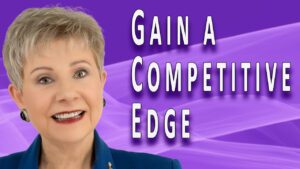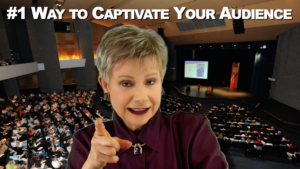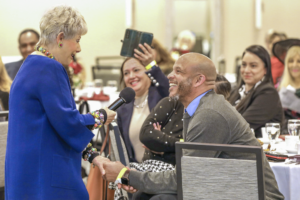Every story has a “Once Upon a Time.”
The place where the intricate weave of values, experiences, and influences begins to shape the fabric of our lives.
As a speech coach, I guide my clients to revisit their own “Once Upon a Time,” unraveling the threads of their past to better understand the tapestry of their present. It is here, in our early years, where the essence of our unique voices and our authentic selves are formed. My “Once Upon a Time” technique has etched a distinct pattern into my professional journey. Growing up in a time and place with limited expectations for girls, I began to envision a life that starkly deviated from the norm of a small town in the South of England. As a small girl, it was the vision and wisdom from my parents that laid the foundation for my approach as a speech coach and set the stage for a life I had dared to imagine and have very much enjoyed.
“Once Upon a Time”

As a speech coach, I always ask my new clients to go back to the beginning of their lives and tell me where they were born and what did their parents do? What advice did they give that helped to form who they are now? What other influences did they have?
When I was growing up in England, it was a time when nobody expected much of girls. Although I could not articulate it, I realized I did not want the same lives my friends had planned for themselves. We were expected to have a job for a few years, then get married and have children.
Read More...
 Criticism, or as you may prefer to call it, “constructive feedback,” is an invaluable resource for anyone looking to refine their presentation skills. While the sting of criticism can be unsettling, embracing it as a tool for growth is a hallmark of a seasoned professional.
Criticism, or as you may prefer to call it, “constructive feedback,” is an invaluable resource for anyone looking to refine their presentation skills. While the sting of criticism can be unsettling, embracing it as a tool for growth is a hallmark of a seasoned professional.

 That Leads to Contacts and Contracts
That Leads to Contacts and Contracts sentations.
sentations. could be Wednesday morning at breakfast or even in Zoom. You get the point! If that is you, do not overlook a magnificent marketing opportunity.
could be Wednesday morning at breakfast or even in Zoom. You get the point! If that is you, do not overlook a magnificent marketing opportunity.

